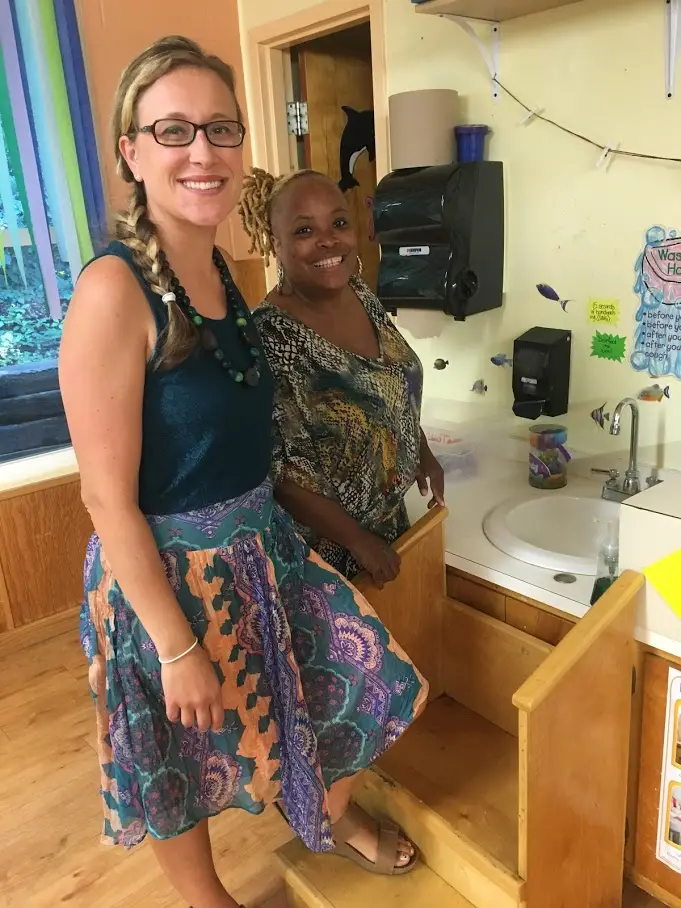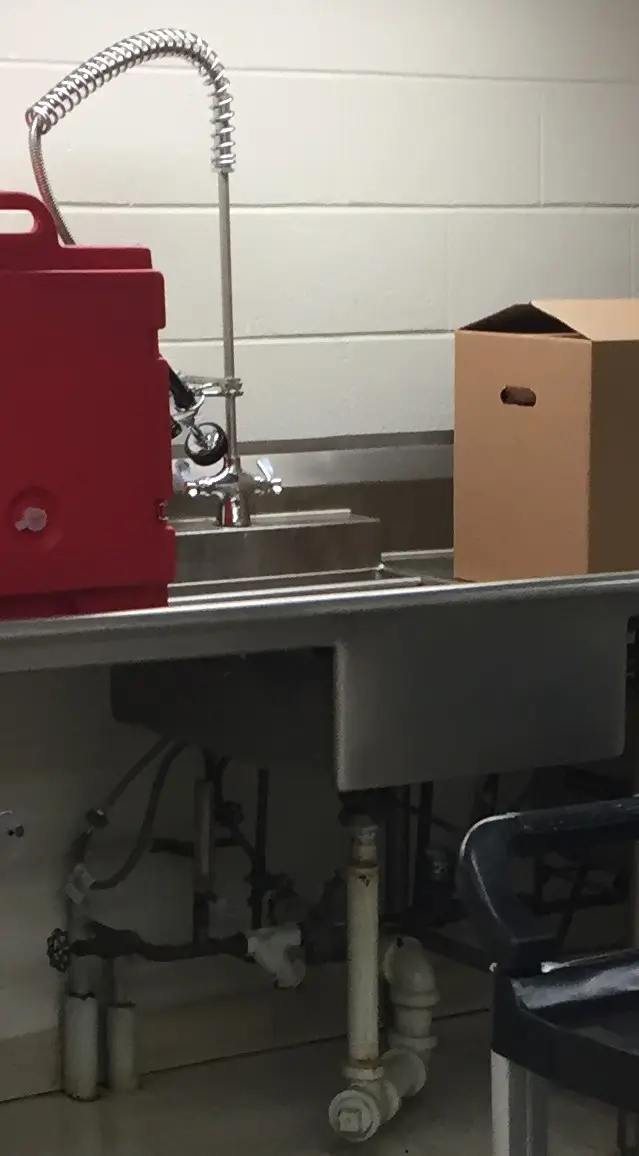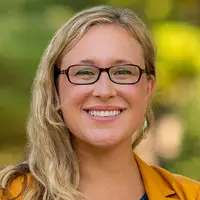North Carolina is one step closer to ending early childhood exposure to lead. Earlier this month, the NC Commission for Public Health began the rulemaking process for a new rule that would require testing and cleanup of lead in drinking water at licensed child care centers. If approved, this regulation would be a meaningful advancement in protecting our littlest ones from exposure to this notorious neurotoxin.
North Carolina doesn’t currently require testing for lead in drinking water in childcare centers or schools unless a child is found to have elevated blood lead levels. This means that rather than a simple water test, we rely on children to serve as the lead detectors. Drinking water is certainly not the only source of lead exposure for babies and young children, but it’s a source that parents often overlook, especially when it is not present in their own home.
Water quality was on my mind as I looked for a childcare center for my own children a few years ago. Because I work at a nonprofit research institute devoted to solving global challenges that also has a state-of-the-science research laboratory, I’m fortunate to have more access to investigating environmental health issues than most people do.

Jenny surveys water consumption points at a local childcare center with the center's director, Jolene Thorpe. Center staff learned how to collect and ship water samples as citizen scientists.
To better understand the risk posed to young children from lead in drinking water at childcare centers, our research team at RTI International launched the Clean Water for Carolina Kids™ Study (CWCK) in 2017. Using a citizen-led sampling approach, our study tested samples from water taps used for drinking and cooking at 86 licensed North Carolina childcare centers in four Piedmont counties.
Early results from our study challenged some of my assumptions about what we might find in the water. Almost every center we studied (97%) had a measurable level of lead in at least one tap. Although only a tiny fraction (1.3%) of the total water samples contained lead above the treatment-based standard for public utilities (15 parts per billion or ppb), lead exceeded this hazardous level in one out of every six of childcare centers (16%) [Redmon et. al, 2019 in review].

The highest level of lead identified in the study was in a water sample collected from this kitchen sink, at 121 ppb.
The Environmental Protection Agency’s Goal for lead in drinking water is 0. It is widely agreed that any lead exposure causes permanent harm to children in the form of decreased IQ, behavioral difficulties, and other issues. Because of the substantial health problems associated with lead exposure, the American Academy of Pediatrics issued a recommended action level for lead in drinking water of 1 ppb. This recommendation is close to the goal of 0, and can be detected by state-of-the-science laboratory equipment.
Fast forward to spring 2019. If approved, the proposed rule would require childcare centers that identify elevated lead levels to eliminate the lead source. The state agencies overseeing childcare will provide proactive educational guidance on adopting “clean water habits.”
The good news is there are straightforward, low-cost solutions to eliminate the problem. At RTI, we’ve been collaborating with NC Child, the NC Division of Public Health, the NC Division of Child Development and Early Education, Duke University Environmental Law & Policy Clinic, and childcare centers themselves to put resources in place, standardize testing and communication protocols, and to develop simple, cost-effective recommendations to remove lead. Depending on the source and scope of the problem, childcare providers can:
- Post signage at taps to designate appropriate use (e.g., handwashing only; Use for cooking only);
- Make sure to use only cold water, even for cooking or hot beverages;
- Flush water after periods of inactivity for at least 1-2 minutes;
- Clean the faucet aerator periodically;
- Install and maintain a filter certified to remove lead;
- Replace problem faucet fixtures and purchase non-brass fixtures;
- Fix plumbing problems or clogs that reduce water flow, and
- Retest water taps after renovation, fixture changes, or water source changes.
Making these changes will mean protecting over 230,000 North Carolina babies and young children from exposure to toxic lead in the water used for drinking, cooking, and making baby formula. The point of the study, and the proposed rule, is to help everyone adopt “clean water habits” that aim for lead-free water for children. The best way to protect kids from lead exposure is to remove the source, rather than waiting until an elevated blood level is found at the doctor.
The proposed rule is now open for public comment, until August 2, 2019.
Jennifer Hoponick Redmon, MSES, MPA, CHMM, is a senior environmental health scientist and chemical risk assessment specialist at RTI International, and co-project director of the Clean Water for Carolina Kids™ (CWCK) study. Keith Levine, PhD, is a senior director of analytical sciences and co-project director of CWCK. Anna Aceituno, MSPH, and Kristin Litzenberger, MS, act as co-project coordinators. Our cross-institute study team included a dedicated group of laboratory and environmental health science professionals. This study was made possible by the generous support of RTI strategic investment funds.
Please note that there is also a separate bill currently in the state legislature that would require lead in drinking water testing for schools in North Carolina that cites our study and is using a modified version of our protocol in the bill. This bill is designed to help address NC’s failing grade for addressing lead in school drinking water.

